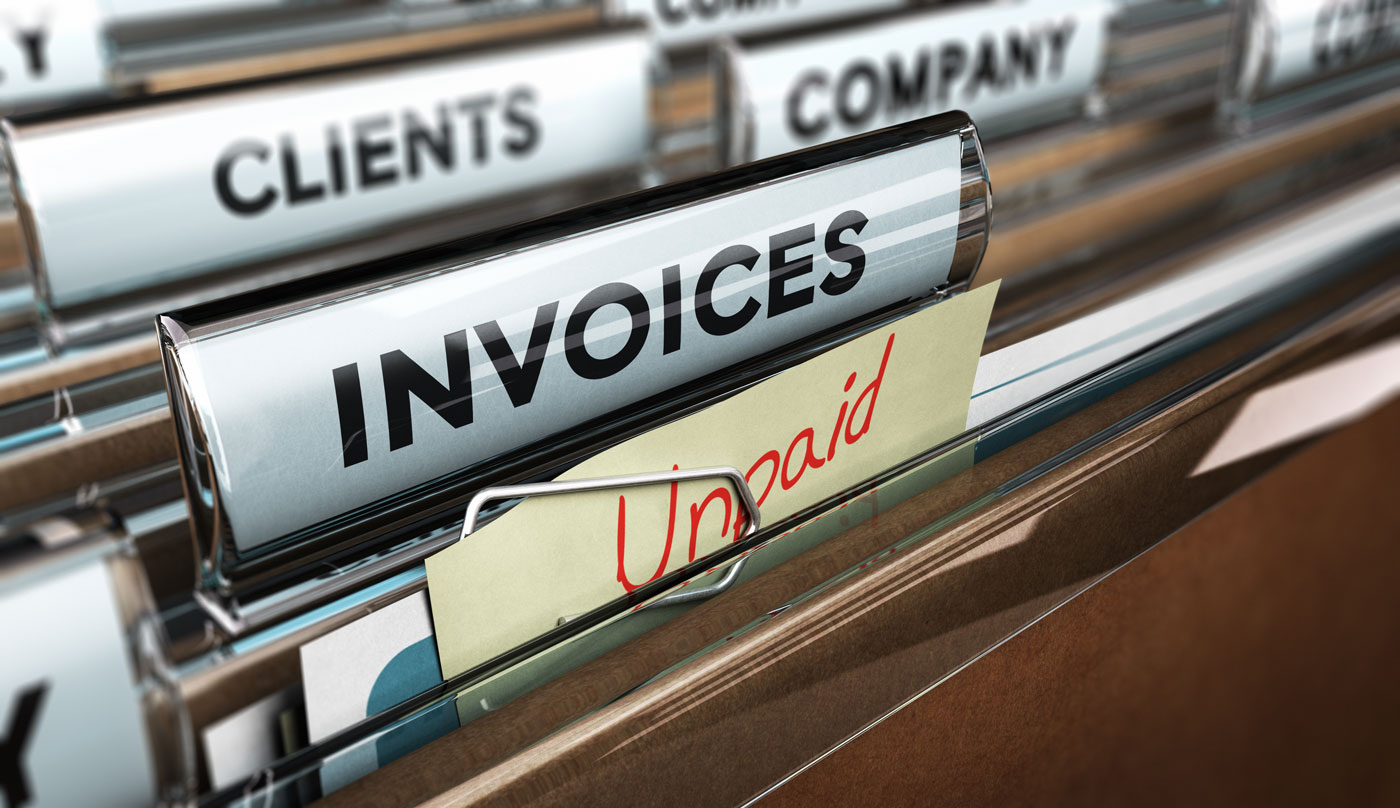Managing collections and recovering outstanding debts is a crucial aspect of maintaining a healthy cash flow for any business. Delayed or unpaid invoices can significantly impact your operations, but with the right strategies, you can effectively manage collections and ensure timely payments. Here are some effective techniques for handling collections and recovering debts legally.
Establish Clear Credit Policies
The foundation of effective debt collection starts with clear credit policies. When extending credit to customers, make sure to:
- Set Clear Terms: Clearly define the payment terms and conditions in your contracts, including due dates, interest on late payments, and penalties for non-payment.
- Credit Checks: Conduct thorough checks on new customers before extending credit. This can help you assess their creditworthiness and minimize the risk of bad debts.
- Written Agreements: Always use written agreements for credit transactions. Ensure that both parties understand and agree to the terms.
Invoice Promptly and Accurately
Timely and accurate invoicing is essential for prompt payment. Here’s how to ensure your invoices are effective:
- Detailed Invoices: Your invoices should include all necessary details, such as the amount due, payment terms, due date, and contact information.
- Send Invoices Promptly: Send invoices as soon as the product or service is delivered. The sooner the customer receives the invoice, the sooner they are likely to pay.
- Follow-Up: Send reminders before the due date and follow up immediately after the due date if payment still needs to be received.
Implement a Structured Collection Process
Having a structured collection process helps in managing overdue accounts efficiently. Consider the following steps:
- Initial Contact: Start with a friendly reminder via email or phone a few days after the due date.
- Second Reminder: If the payment is not received, send a more formal reminder outlining the overdue amount and any late fees.
- Final Notice: Before taking legal action, send a final notice warning the customer of potential consequences if the debt is not paid.
Use Collection Agencies Wisely
If internal efforts to collect the debt are unsuccessful, consider hiring a collection agency. Collection agencies specialize in recovering debts and can often do so more efficiently. However, be aware that they typically charge a fee or a percentage of the recovered amount.
Legal Action for Debt Recovery
When all else fails, taking legal action may be necessary. Here are the steps involved:
- Send a Demand Letter: A demand letter from your attorney can often prompt payment. This letter outlines the amount due and warns of legal action if the debt is not settled.
- File a Lawsuit: If the demand letter does not result in payment, you can file a lawsuit. Small claims court is an option for smaller debts, while more significant amounts may require filing in a higher court.
- Obtain a Judgment: If you win the lawsuit, the court will issue a judgment in your favor. This judgment can then be used to garnish wages, seize assets, or place liens on the debtor’s property.
Maintain Professionalism and Compliance
Throughout the debt collection process, it’s essential to maintain professionalism and comply with all relevant laws and regulations, such as the Fair Debt Collection Practices Act (FDCPA). Avoid aggressive or unethical tactics that could harm your business reputation or result in legal consequences. Effectively managing collections and recovering debts is vital for the financial health of your business. Contact The GC Law Firm today if you need expert legal assistance in managing collections and recovering debts. Our experienced attorneys are here to help you navigate the complexities of debt recovery and ensure your business remains financially secure.
